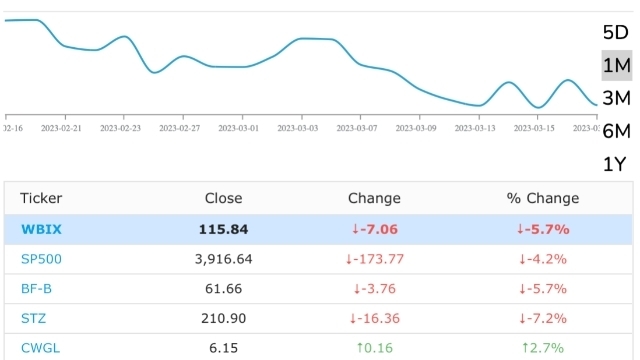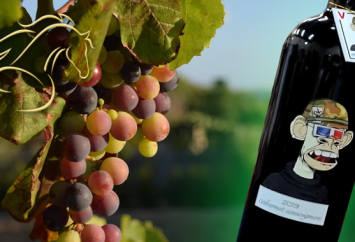British multinational premium drinks giant Diageo has just appointed Debra Crew as CEO, one of few women to lead a FTSE 100 company.
Diageo announced that Sir Ivan Menezes would step down on June 30th after 10 years as chief executive and is promoting its current chief operating officer Debra Crew to chief executive officer effective 1 July 2023.
The company employs 28,000 people globally and sells over 200 brands in more than 180 markets. It is also the largest company, by net sales value, in scotch and Canadian whisky, vodka, gin, rum, liquors and tequila.
Only eight of the UK’s top 100 listed companies have a female chief executive, which include: Dame Alison Rose at NatWest, Amanda Blanc at Aviva, Dame Emma Walmsley at GSK, Jette Nygaard-Andersen at Entain, Liv Garfield at Severn Trent, Jennie Daly at Taylor Wimpey, Margherita Della Valle at Vodafone – who is interim chief executive – and Milena Mondini de Focatiis at Admiral.
Before being appointed chief operating officer in October 2022, Crew ran Diageo’s business in North America, its largest market. She joined the company in 2019 and previously headed the tobacco firm Reynolds American until it was acquired by BAT. Before that, she spent five years at PepsiCo and worked at Kraft Foods, Nestlé and Mars.





